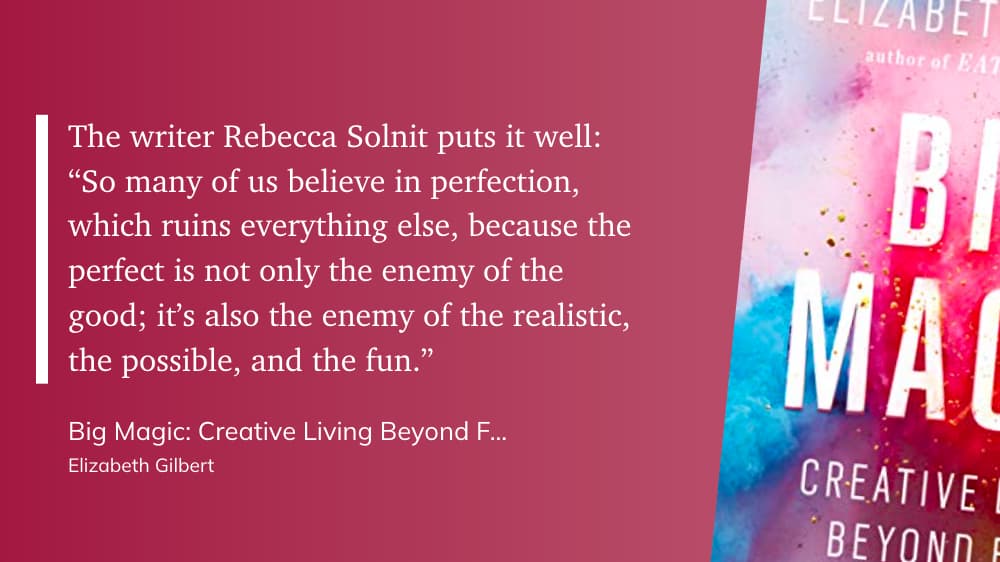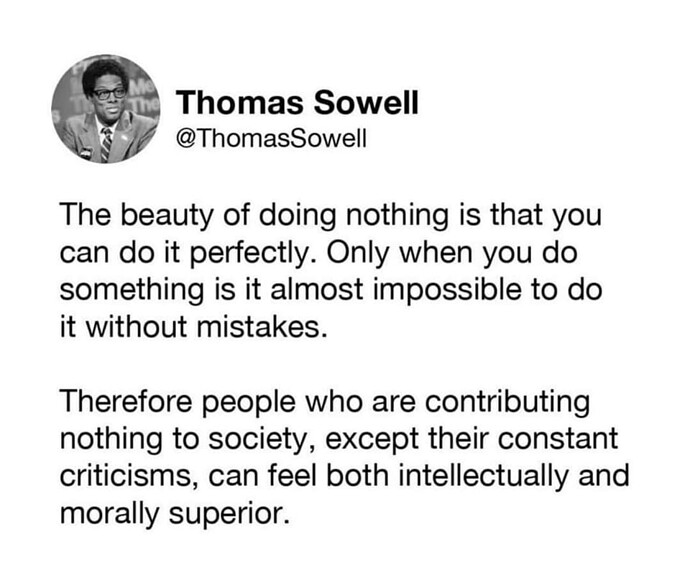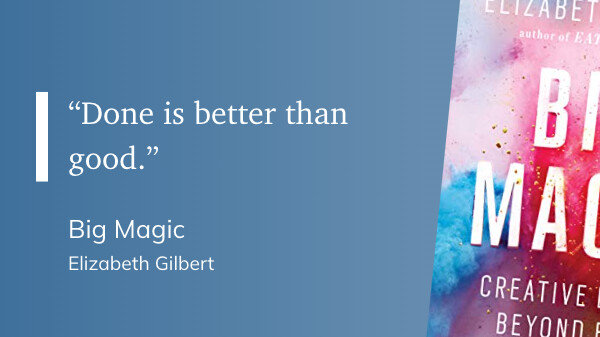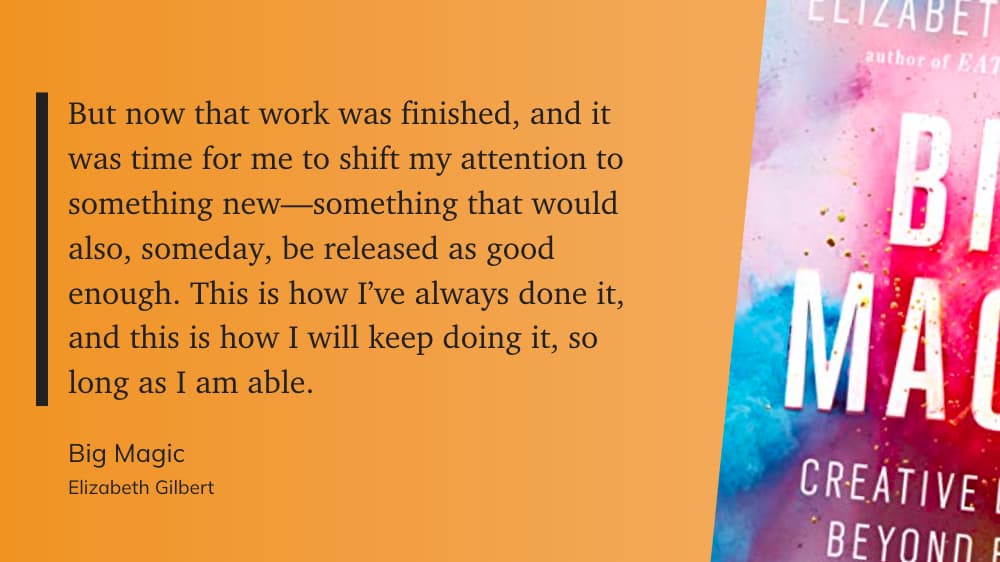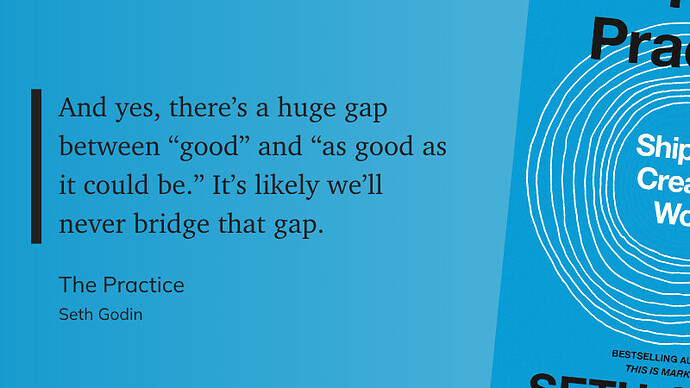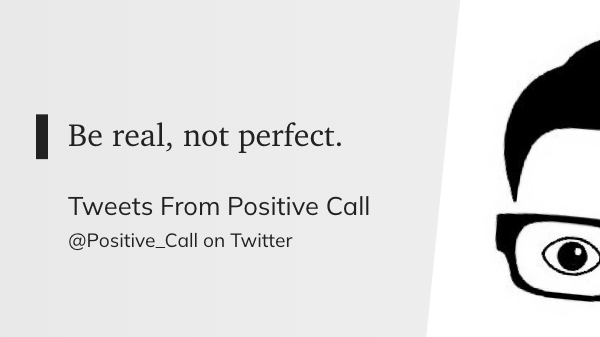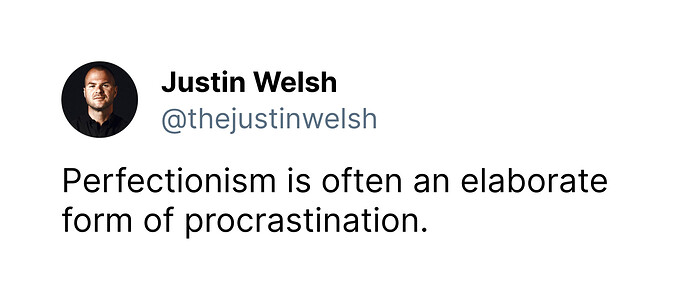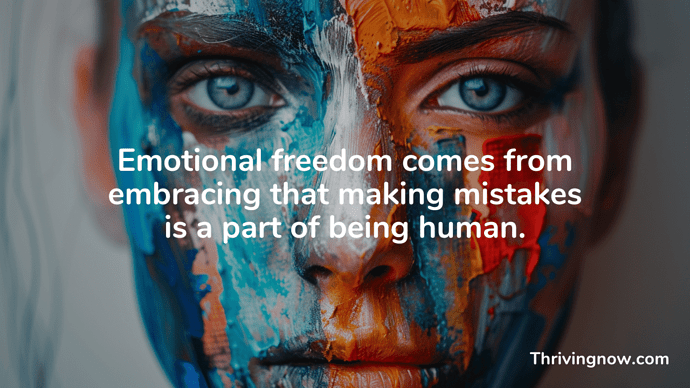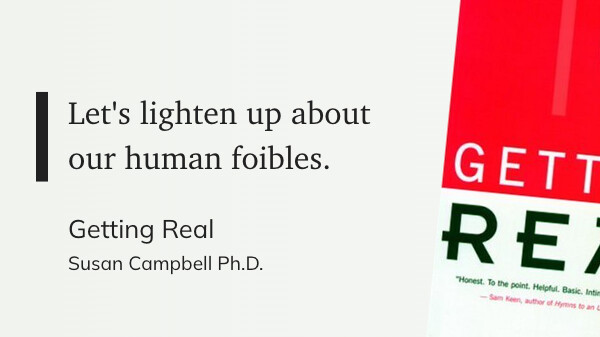Imperfectionism
Imperfectionism embraces the truth that even though anything and anyone and any situation could be “improved,” our heartistry is set free by being uninterested in striving for some delusion of perfection.
- Imperfectionism frees us from the psychological tyranny of perfectionism.
- Releasing perfectionism allows us to focus on what matters and take inspired action without heavy self-criticism and fear of judgment.
- Being an imperfectionist is fun! We can laugh and enjoy awkwardness as we learn, grow, and co-create.
- Being a student-teacher always and all ways is empowering and meshes beautifully with imperfectionism.
What’s Realistic, Possible, and Fun?
Fun is rarely perfectly planned and executed. Fun is light-hearted!
Perfectionism is heavy… oppressive… stress-filled.
Most of us who are now Imperfectionists spent time pursuing perfection. Some of that is natural – we tend to care. We want to be competent and skilled and useful. We get pleasure when our efforts bear some kind of fruit.
Yet, those natural traits can get kicked into obsession by trauma. An over-critical parent or teacher or boss can make us feel so unsafe our primitive brain decides that unless we do everything perfectly, we’ll be punished – or worse.
Such trauma decouples a person from what is realistic, or even possible! Even an A+ or five-star review isn’t enough. A person can feel like they need to do more, More, MORE and be better, Better, BEST!
Those with abuse and chronic criticism in their past may need a good friend or two to smile and encourage them (and use EFT Tapping with them) to help release the gut fears of punishment, bullying, loss, and rejection. Their perfectionism is a clue to both a person who cares… and abuse that threw that caring into fear-driven obsession.
Sadly, at some point perfectionism – lacking fun and disconnected from reality – can cause someone to quit. Quit creating. Quit engaging. Even… Quit life.
Perfectionism is grotesquely expensive.
Imperfectionism is profoundly freeing.
Spreading the concept of imperfectionism offers everyone the possibility of expressive freedom.
Imperfectionists Still Care
Who would you be if you were not a perfectionist?
Would you be…
- Lazy?
- Uncaring?
- Unprofessional?
- Not worthy?
- A fraud?
We’ve asked hundreds of perfectionists what they fear they would become if they were not crushed by the stress of trying to get everything right and keep everyone happy.
There’s good news!
Imperfectionists still care! And we do solid work in the world.
We love deeply and completely… with a nod to the reality that no act of love is “perfect.” Such a relief! So freeing!
Indeed, freed from ridiculous standards, imperfectionists engage with calm confidence.
Competence is enhanced by imperfectionism because we’re doing what’s possible with the time, energy, resources, and skills that we and our co-creators have access to right now.
Imperfectionism encourages us to put into the world what we believe is useful and done to a realistic standard. Perfectionism would have us polish and refine and re-do FOR YEARS (or freeze and never act).
Which do you value for your thriving life?
Useful Questions
- What do I fear will happen if this isn’t perfect? Or if I am not perfect?
- Who made you fear being less than perfect? What would they do or threaten?
- Do you feel it is possible to care, put in the work, engage with all the creativity and skill you can muster, and be okay with the outcome whatever it is?
- Who would you be if you were not a perfectionist?
- Can you play with the notion of the perfectly imperfect and imperfectly perfect? How does that feel in your body-mind?
Resources
- How to Be an Imperfectionist - Book
- How To Be An Imperfectionist - Article
- Be a Surprisingly Content Imperfectionist - Real Skills Workshop
Related Concepts
Acceptance, Calm and Confident, Curiosity, Emotional Freedom, Gifts and Gaps, Student-Teacher, Totem of Talents, Lifestyle Design, Trauma Informed, Heartistry
